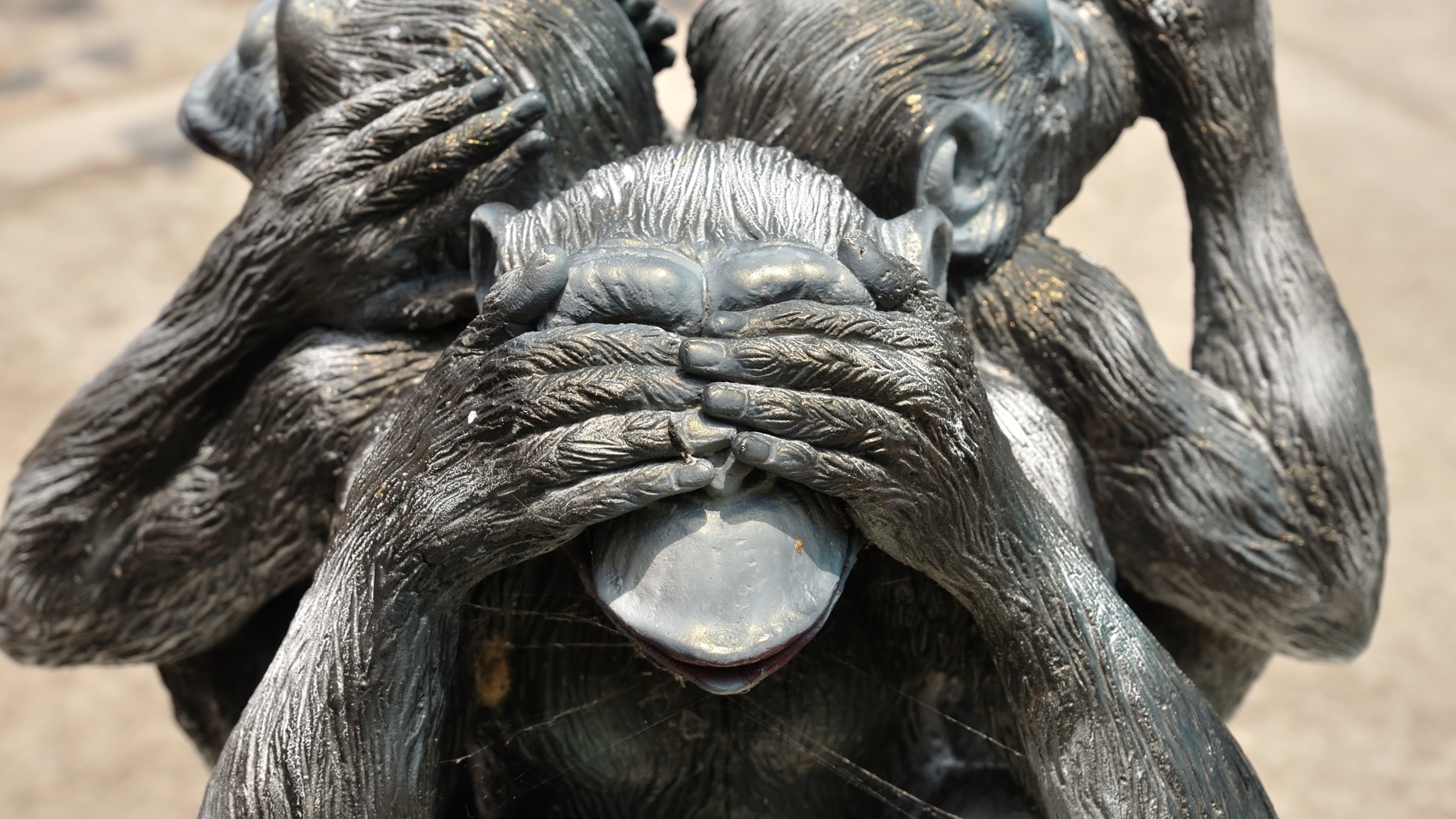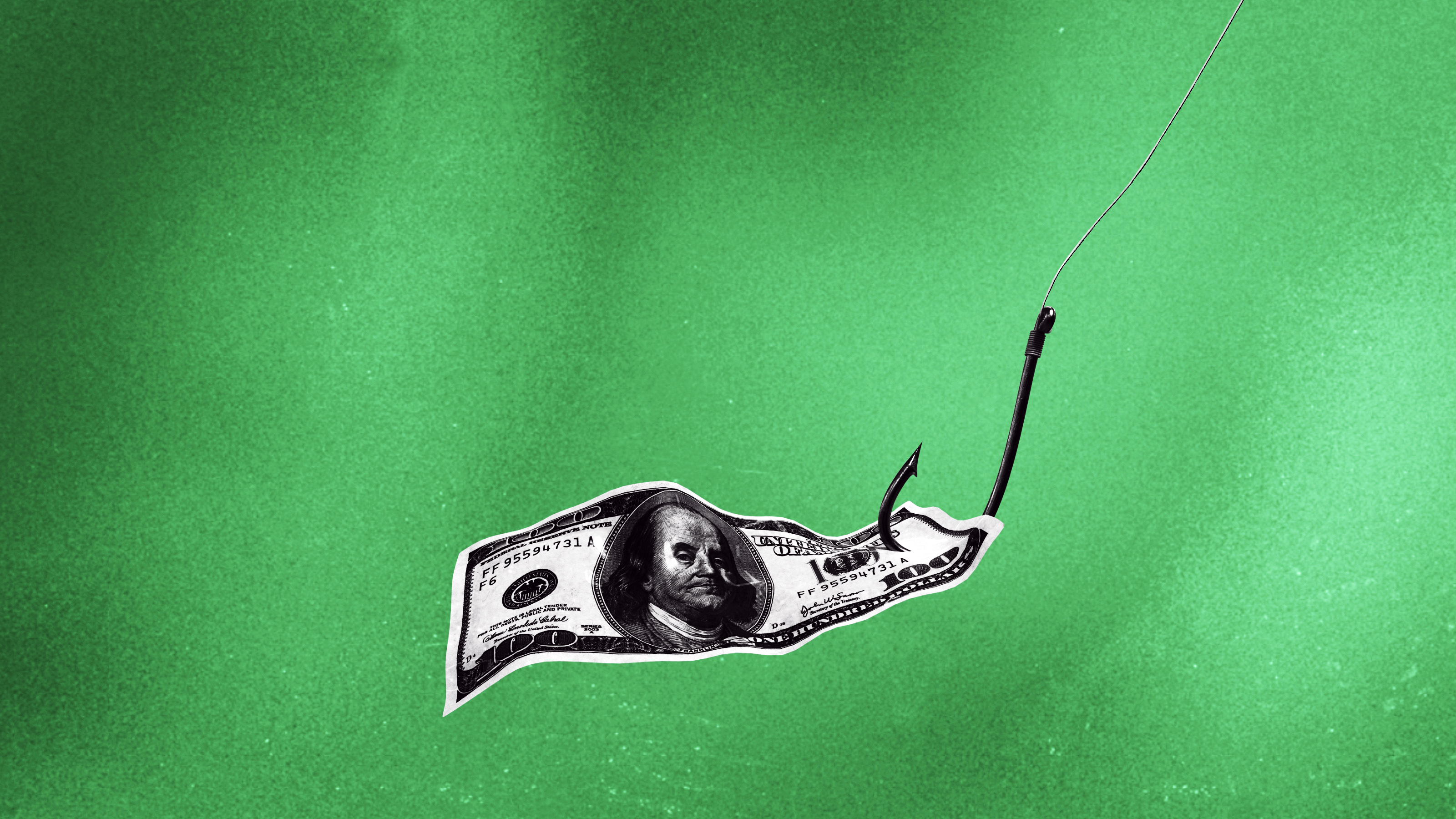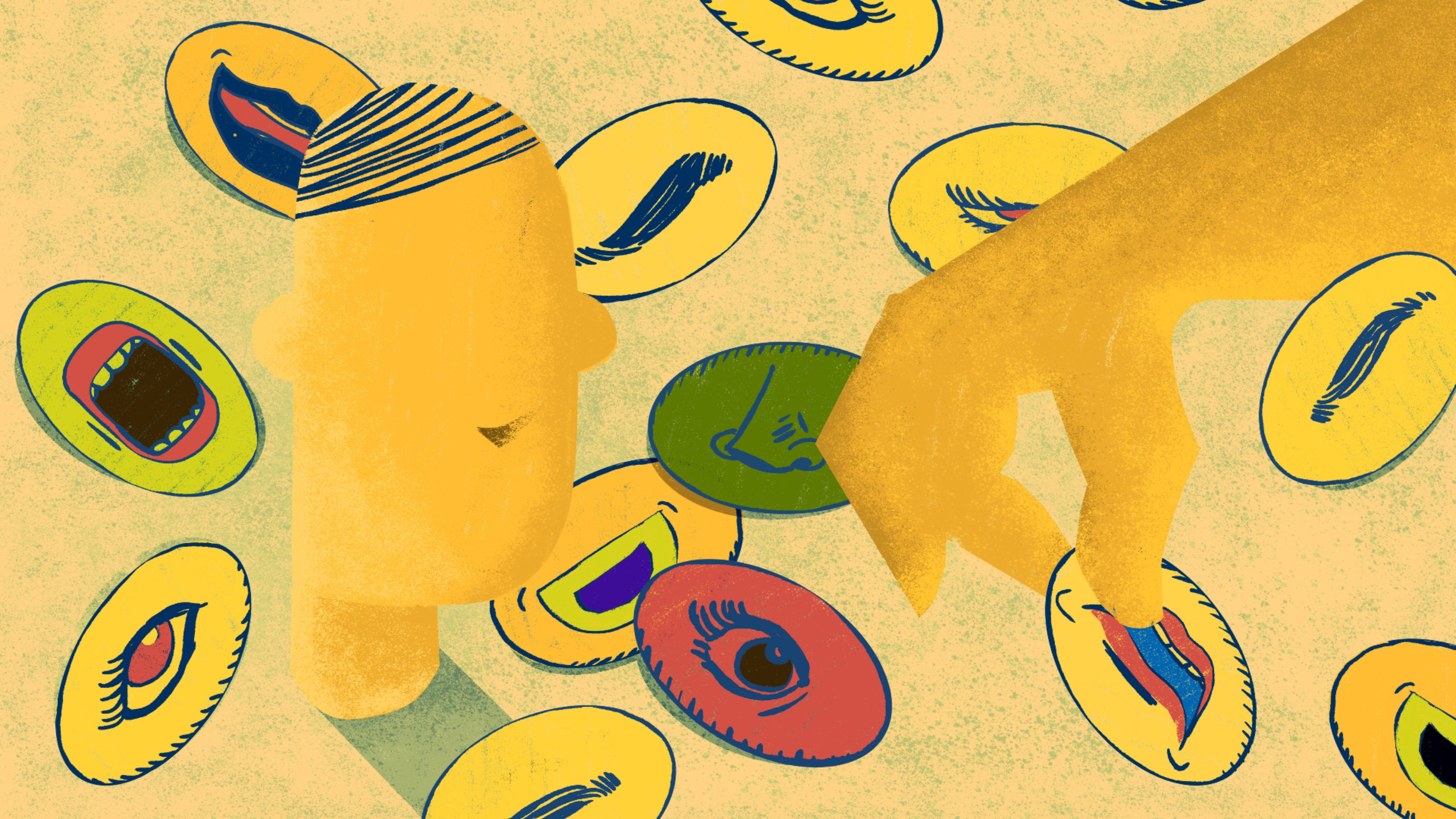Bragging Rights: When Beating Your Own Drum Helps (Or Hurts)

Social observers are particularly attuned to braggadocio. What do you think of a person who claims to be a better driver, performer or lover than average? Is this person better described as confident or cocky; self-important or honest? Would you put your health or safety in their hands? And what about the opposite type of person, who claims to be worse than others? Would you hire this person for a job? In what field?
Social scientists have been asking for decades whether boastful, self-aggrandising beliefs and behaviours are beneficial to those who make such claims. According to one school of thought, claiming to be better than others feels good, and when we feel good, we are happier and better adjusted. This argument suggests that bragging to others can satisfy the motive to craft and maintain a positive self-image. According to another line of research, however, consistently viewing oneself as superior entails a distortion of reality. Inaccurate individuals with low self-knowledge have weaker relationships and a tendency to make riskier decisions than their accurate, self-aware counterparts.
Together with Joachim Krueger at Brown University in Rhode Island, I recently proposed a middle ground: braggadocio could be a double-edged sword. In our paper in the journal Social Psychology, we argue that thinking you are better than average (and bragging to others about it) can damage some aspects of your reputation but boost others. Bragging can help or harm depending upon your goals – so you’d do well to know what you want to accomplish before tooting your own horn.
To test how observers respond to braggadocio and humility, we recruited nearly 400 volunteers and asked them to rate a series of target individuals along the two major dimensions of social perception: competence, including rationality, intelligence and naiveté, and morality, including ethics, trustworthiness and selfishness. Some of the targets were defined as performing better or worse than average without making claims Some claimed to be better or worse than average without any evidence. Others both made a claim about themselves (‘I did better/worse than average’) while researchers revealed their scores.
The results demonstrated several detrimental effects of boasting, although we observed some surprising benefits too. Perhaps the most interesting finding was what we call the ‘humility paradox’. In the absence of evidence (ie, a test score), bragging to be better than average boosted a target’s reputation as competent, but diminished their reputation as moral. Conversely, those who remained humble by claiming to be worse than average were rated as more moral and less competent than the braggarts. The paradox suggests that when deciding whether or not to boast about your performance, keen decision-makers might first stop to consider which aspect of reputation they are most interested in emphasising or protecting.
The results were especially nuanced when test subjects rated targets whose claims were either validated or violated by objective evidence (their actual test performance). For moral reputations, humility remained a beneficial strategy even when a target performed well. Across the board, participants rated targets who claimed to be worse than average as more moral than targets who claimed to be better than average, regardless of their actual performance. In the domain of morality, humility pays.
For perceived competence, evidence mattered. The absolute worst thing a target could do was to claim superiority (‘I am better than average’) when the evidence proved him wrong (‘Harry actually scored below average on the test’).
There was, to be sure, some strategic benefit to making a boastful claim: targets who claimed to be better than average were seen as quite competent either when:
(a) evidence supported this claim; or
(b) no evidence was available.
In other words, boasting appeared to benefit a target’s reputation as competent, so long as contradictory evidence was never revealed.
As is the case with most experiments in social psychology, these studies were conducted in a contrived laboratory setting, and carry several limitations. All our participants lived in the United States, although we know that cultural background can encourage or discourage boasting. Similarly, all the targets that our participants rated had male names in order to rule out any confounding effects of gender, even though we know that the gender of observers and targets plays an important role in social perception. Culture and gender are two variables we would like to incorporate in future studies on the nature and perception of bragging.
Despite these limitations, the results of our studies suggest a few strategies for daily life: in situations where your competence is of critical interest (such as a job interview or debate), claiming to be better than the other candidates could be beneficial, so long as contradictory evidence will never come to light. But in situations where your reputation as a warm or moral person is put to the test (say, while networking or on a date), it appears that humility is the best strategy, even if you truly have something to brag about.

Patrick Heck
—
This article was originally published at Aeon and has been republished under Creative Commons.





